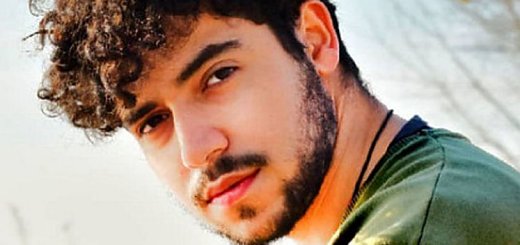Beyoncé makes Grammy victory with 32 wins, Viola Davis becomes an EGOT

Beyoncé became the most decorated musician in Grammy history - with her win for the Best Dance/Electronic Music Album for 'Renaissance', she has now won 32 Grammys over the span of her career, CNBC reports. Viola Davis has become the 18th person to achieve the EGOT - winning an Emmy, Grammy, Oscar and Tony Award - by winning best audiobook for her autobiography 'Finding Me'. In other major awards, Harry Styles won Album of the year for 'Harry's House', Lizzo won Record of the year for 'About Damn Time', and Bonnie Raitt took home the Song of the year trophy for 'Just Like That'. Samara Joy was crowned Best new artist, Robert Glasper won Best R&B album for 'Black Radio III', Kendrick Lamar in both Best rap song and Best rap album categories with 'The Heart Part 5', and 'Mr. Morale & The Big Steppers', respectively. Ozzy Osbourne's 'Patient Number Nine', was named best rock album, while his song 'Degradation Rules' won best metal performance. British indie duo Wet Leg also received two awards - including best alternative album for 'Wet Leg' and best alternative song for their breakout single, 'Chaise Longue'. Meanwhile composer and violinist Stephanie Economou received the first ever Grammy for best video game soundtrack, recognising her work on 'Assassin's Creed: Dawn Of Ragnarok'. First Lady Jill Biden honored an “anthem” of the protests in Iran Sunday night, 'Baraye' by AcademicShervin Hajipour as she presented a new Grammy Award recognizing songs that address social change. See Grammys in pictures. Check out all the nominees and winners.
